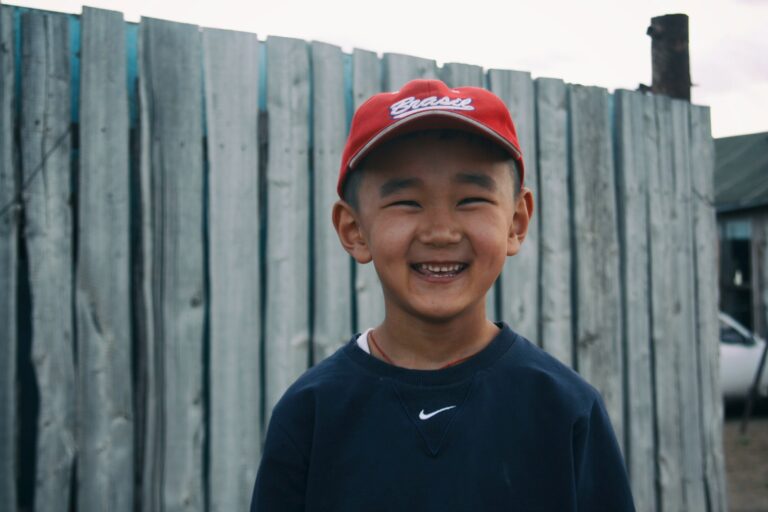Why Kids Are Getting Braces At Younger Ages
Children are now getting braces as early as 8 years old, much younger than the traditional age of 12-14.
What’s behind this surge in braces for kids?
Orthodontics Early Means Less Intervention Later
According to Dr. Stephanie Ross, DDS, MSD at Longmont Braces, early orthodontic intervention plays a crucial role in young children’s jaw development and helps prevent more complex issues later on.
Orthodontists have identified two phases for braces, with the first typically beginning around ages 8 or 9. During this initial phase, orthodontists use dental x-rays to spot issues like impacted canines or jaw misalignment. “By intervening early, we guide the body to do what it naturally wants to do,” says Dr. Ross, emphasizing that early adjustments can prevent the need for more invasive procedures with an oral surgeon down the line.
The second phase of treatment usually begins between the ages of 12-14, when most adult teeth have come in. This phase aims to correct bites and align any out-of-place teeth.
While some children may skip directly to the second phase, Dr. Ross notes that early intervention can often reduce the total time needed in braces, avoiding the extended 4-5 year braces experience of the past.
Braces Are Cheaper As a Kid
Dr. Ross advises parents to have their children’s teeth monitored by an orthodontist or pediatric dentist by age 8 or 9, even if the children still have baby teeth.
In addition to simplifying treatment, early orthodontic intervention can significantly reduce the overall cost of orthodontic care.
By addressing potential issues while the jaw is still developing, orthodontists can often prevent the need for more intensive and costly procedures later. Catching problems early can mean less time in braces, fewer complications, and ultimately lower costs for families. This proactive approach not only makes treatment more manageable but also reduces the chances of needing surgical intervention or extensive corrective measures during the teenage years.
Dr. Ross assures concerned parents that orthodontists are not over-prescribing braces. “We take a conservative approach, but early braces can make a significant difference when they are needed,” she states.





